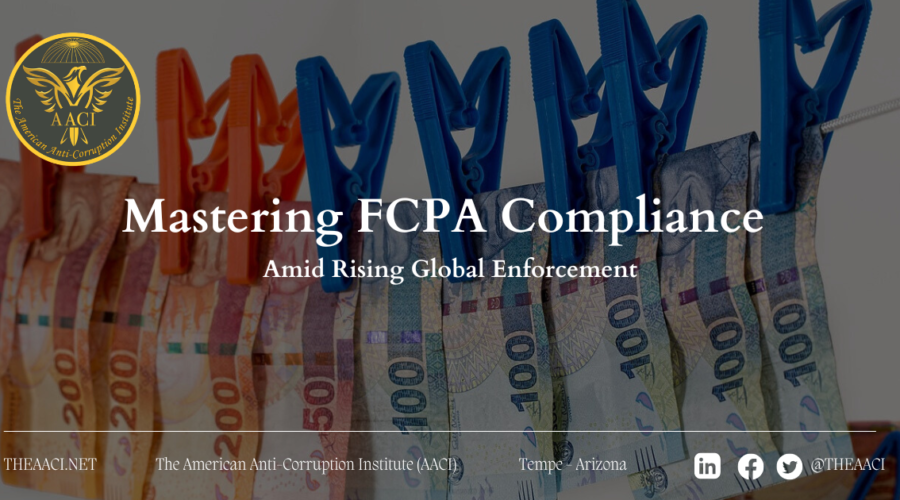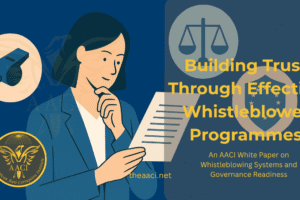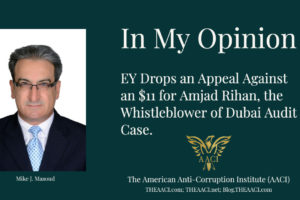Technical Staff
October 7, 2024
In today’s interconnected global economy, businesses face an increasingly complex landscape of anti-corruption regulations. At the forefront of these regulations is the Foreign Corrupt Practices Act (FCPA), a U.S. law with far-reaching implications for companies operating internationally. As we move through 2024, the importance of robust FCPA compliance programs has never been more critical.
The Evolving FCPA Landscape
In recent years, there has been a surge in FCPA enforcement actions, with the U.S. Department of Justice (DOJ) and the Securities and Exchange Commission (SEC) ramping up their efforts to combat global corruption. In 2023 alone, FCPA-related fines and penalties exceeded $2 billion, signaling a clear message: non-compliance comes at a steep cost.
Key Challenges in FCPA Compliance
1. Third-Party Risk Management
A significant portion of FCPA violations involve third-party intermediaries. Companies must implement rigorous due diligence processes to vet and monitor their business partners.
2. Data Privacy Regulations
The intersection of anti-corruption efforts and data privacy laws, such as the GDPR, challenges conducting thorough investigations and maintaining compliance records.
3. Emerging Markets
As businesses expand into high-risk jurisdictions, they face increased exposure to corruption risks and must adapt their compliance strategies accordingly.
Best Practices for Effective FCPA Compliance
1. Risk Assessment
Regularly evaluate your company’s corruption risks, considering factors such as geographic locations, industry sectors, and business models.
2. Robust Policies and Procedures
Develop and maintain clear, comprehensive anti-corruption policies that are easily accessible to all employees and business partners.
3. Training and Communication
Implement regular, targeted training programs to ensure employees understand FCPA requirements and company policies.
4. Due Diligence
Establish thorough vetting processes for third-party relationships, including ongoing monitoring and auditing.
5. Internal Control
Design and implement effective internal control system and ensure that you have strong internal controls to detect and prevent improper payments.
6. Whistleblower Mechanisms
Create and promote confidential reporting channels for employees to raise concerns without fear of retaliation.
The Role of Technology in FCPA Compliance
Advancements in technology are revolutionizing FCPA compliance efforts. Data analytics, artificial intelligence, and blockchain are being leveraged to enhance risk assessments, monitor transactions, and improve the efficiency of compliance programs.
Looking Ahead: The Future of FCPA Enforcement
As global anti-corruption efforts continue to evolve, we can expect to see:
1. Increased cooperation between international enforcement agencies
2. Greater focus on individual accountability in corruption cases
3. Emphasis on corporate compliance programs as a mitigating factor in enforcement actions
Conclusion
Navigating FCPA compliance in 2024 and beyond requires a proactive, risk-based approach. By staying informed of regulatory trends, implementing robust compliance programs, and leveraging technology, companies can mitigate corruption risks and foster a culture of ethical business practices. In an era of increased global enforcement, FCPA compliance is not just a legal necessity—it’s a business imperative.
Image by Steve Buissinne from Pixabay











































